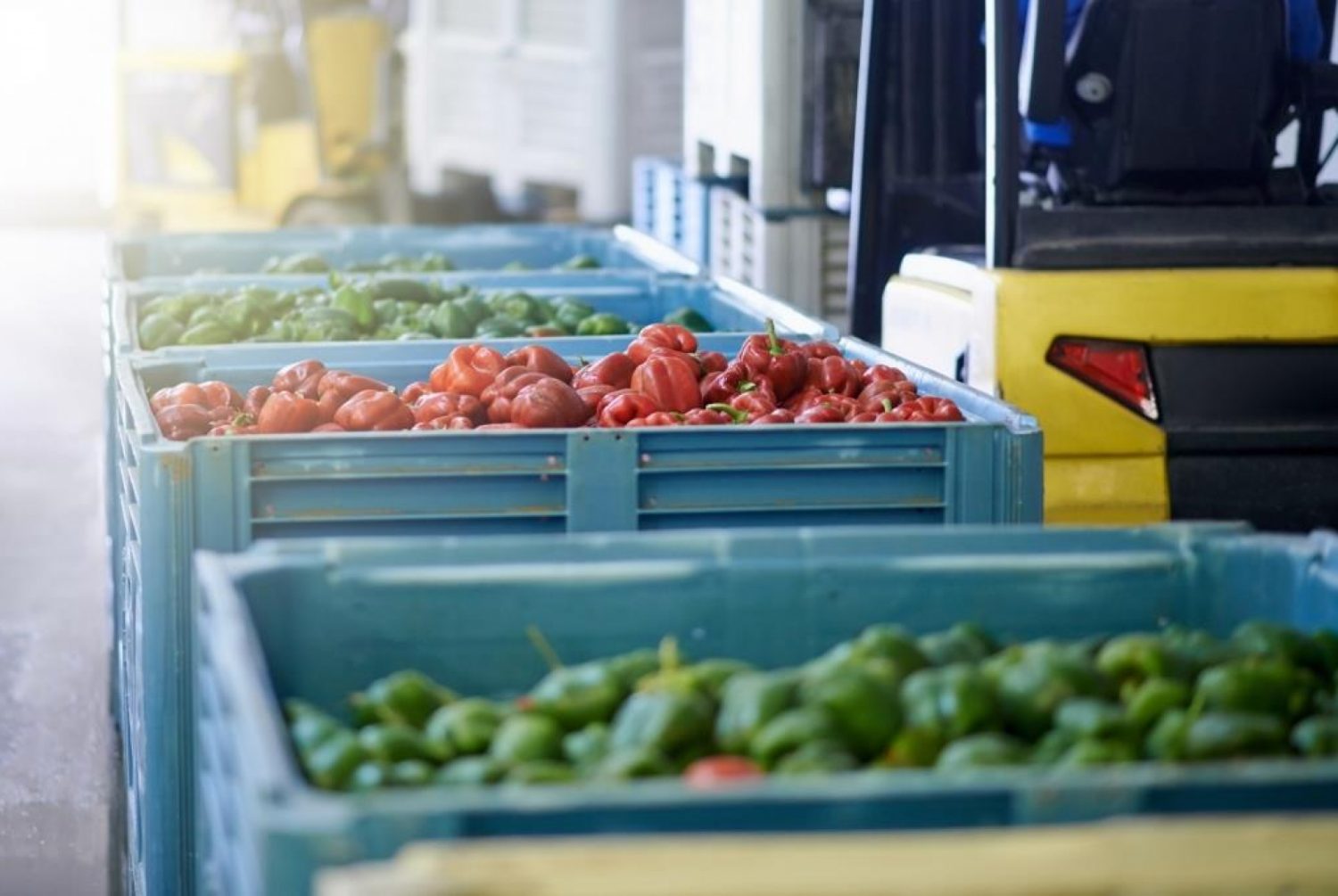A local supplier of ingredients or regional products, a food truck festival, a small local brewery and a small retail shop. These are just a few examples of small and medium sized organizations (SMEs) who are involved in all stages of the food supply chain. Providing safe food is essential for any supplier within the food supply chain. Robust food safety standards and initiatives like ISO 22000 and the Global Food Safety Initiative (GFSI) have an important role in securing food safety. Although these initiatives have improved food safety assurance, there are still a lot of challenges ahead of us. One of these challenges is to ensure food safety within these SMEs. A solution and opportunity for these challenges is the Global Markets Program.

SMEs and Vendor Assurance Programs
The article is also available for download in pdf
Many of these SMEs are not (yet) able to meet the international requirements for food safety. This is often caused by a lack of knowledge of food safety requirements or a knowledge gap on how to implement food safety requirements within the organization. Most international retailers and manufacturers require GFSI recognized certification, based on the principles of international standards like ISO 22000 or standards developed by stakeholder groups like retailers. Besides the food authorities who often require a food safety system meeting the General Principles of Food Hygiene and HACCP principles from Codex Alimentarius as a minimum.
And there’s the challenge, since a huge number of SMEs is involved in all stages of the food supply chain. As well for SMEs providing food directly to the consumers like small shops, food trucks, street food etc. And for SMEs providing business to business food products, ingredients and raw materials to retailers, restaurants, and manufacturers.
Global Markets Program as a solution and opportunity
To support SMEs, the GFSI initiated the Global Markets Program. This Program supports food organizations to develop and improve their food safety system. The Program covers the minimum requirements for food safety and allows Assessment Bodies to carry out independent Conformity Assessments. The requirements of the Program cover the General Principles of Food Hygiene and HACCP principles of the Codex Alimentarius and contains additional requirements to ensure an effective food safety system. The program can be used as a stepping stone to achieve GFSI recognized certification or as a standalone conformity assessment program. By meeting the requirements of the Global Markets Program, the SME provides its customers assurance their suppliers meet basic food safety requirements and therefore provides the SME global and local market access.
Self-evaluation and training
An essential part of the Global Markets Program is training and self-evaluation. By self-evaluation, the SME learns where they stand meeting the Global Markets Program requirements. Specific training can support them in understanding and implementing the requirements and develop and improve their food safety systems.
Using the Global Markets Program as part of a vendor assurance program
Integrating the Global Markets Program in vendor assurance programs supports food organizations to have assurance of the SMEs in their supply chains. This integration will also improve harmonization and cost efficiency. E.g. self-evaluation and training can be used to support the suppliers. Training as a group of suppliers will accomplish efficiency and cost reduction.
Like the GFSI recognized certification where buyers from different organizations know that certified organizations meet the GFSI requirements, the Global Markets Program can function as a basic guarantee for SMEs. Besides, the Program can support suppliers as a stepping stone model to achieve GFSI recognized certification. Another extra is that duplication of audits and requirements can be avoided when more food organizations use the Program for their SME suppliers. The fact that there is a register of conforming food organizations makes it transparent for the clients which suppliers are conforming with the requirements.
Ensuring transparency and integrity
To ensure integrity it is essential to define requirements for the Training and Assessment Bodies. There are already a number of GFSI recognized Certification Program Owners (CPOs) who have developed these requirements and have an approval and license procedure for Training and Assessment Bodies. The requirements cover the qualification requirements for trainers and assessors, the content of the training, the duration of the assessments, the content of the assessment report etc. Next to an initial approval process it is necessary to have a continuous Integrity Program to review if the delivered services are meeting the requirements. Only then a robust and high quality program can be assured.
The process as described above needs to be transparent to ensure integrity. The approved training and assessment bodies and conforming food organizations shall be listed in a public register with access for the users of the program. And the integrity program shall lead to actions and sanctions when providers are not meeting the requirements.
FSSC Global Markets Program
Foundation FSSC 22000 is one of the GFSI recognized CPOs that has developed a Global Markets Program. The FSSC Global Markets Program contains a self-evaluation tool and training module and a conformity assessment process delivered by approved Assessment Bodies and Training Organizations.
Please visit www.fssc.com for more information about the FSSC Global Markets Program.
About the author: Cor Groenveld
Cor has been working as an independent consultant since May 2016 by supporting organizations in the food supply chain to develop and improve their food safety and quality management systems. Cor holds a BSc degree in food technology and has extensive international experience in food safety and quality by working for 22 years for a global certification organization. Before that he worked as a quality manager and plant manager in various food manufacturing organizations.
Cor is member of technical committees in ISO and the GFSI. Currently he is Market Development Manager within FSSC 22000. Cor is not new to the FSSC family, he supported the development of the FSSC 22000 Scheme and has been Chairman of SCV.



